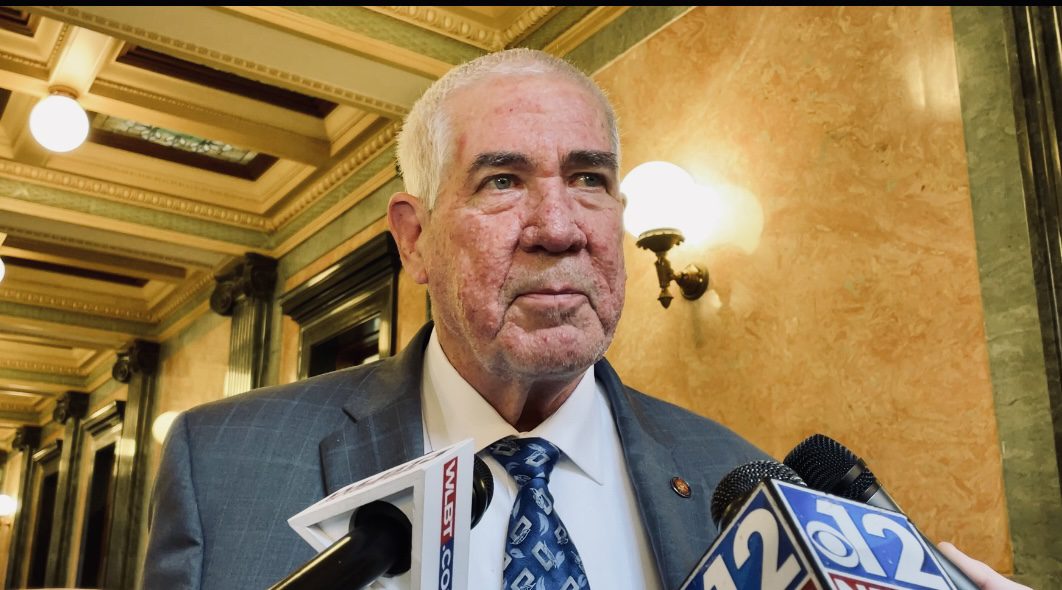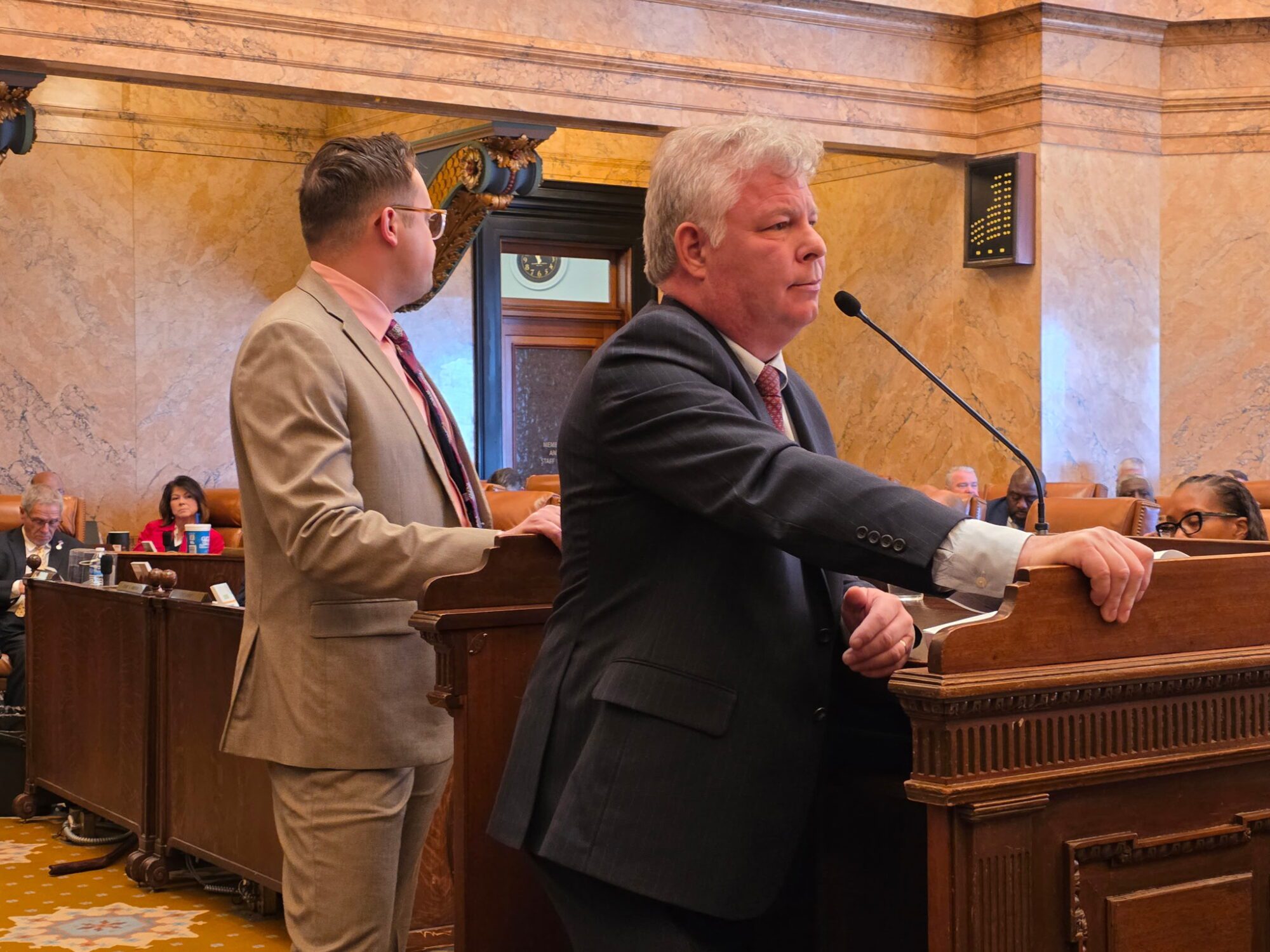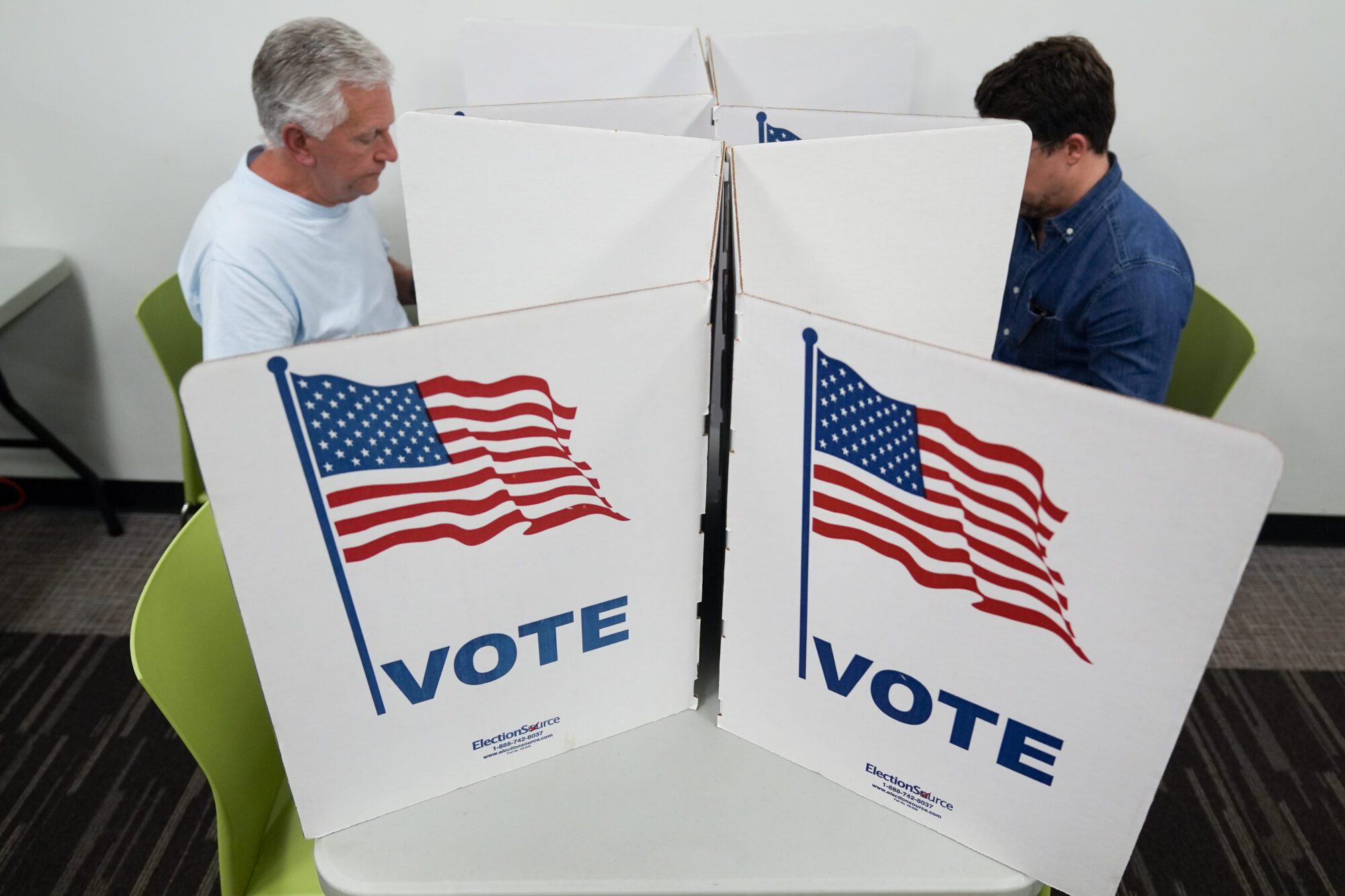
Senator Kevin Blackwell
From a conservative perspective, the Senate Medicaid plan is better in almost every conceivable way. It’s still welfare expansion for abled-bodied people. It will still increase the size of government and people’s dependency on it. It will never be enough for progressive critics.
In February, the Mississippi House of Representatives voted for full Medicaid expansion under the Affordable Care Act (commonly referred to as “Obamacare”). That plan went over like a lead balloon with Republican senators, who developed their own Medicaid expansion plan, one which stops short of full expansion.
The chart below details some of the key policy differences between the two proposals:
| Medicaid Expansion Elements | House Plan | Senate Plan |
|---|---|---|
| Contingent Upon CMS Approval of Work Requirement | No | Yes |
| Contingent Upon CMS Approval of State Financing Mechanism | No | Yes |
| Provides for Full Expansion up to 138% of Federal Poverty Level (FPL) | Yes | No, expands up to 99% of FPL |
| Will Impact People on ACA Exchange Private Health Plans | Yes, will result in approx. 140,000 people losing their private plans & being shifted to Medicaid | No, does not disturb ACA Exchange |
| Will Provide Health Insurance to People in “Coverage Gap“ | Yes, but also an estimated 190,000 additional people, who either already have private insurance or are eligible for a fully subsidized private plan on ACA exchange | Yes, but only working people in the coverage gap |
| Will Draw Down Enhanced Federal “Match Rate” | Yes, but will be more expensive to state due to larger number of people likely to be enrolled | No, but will be less expensive to state due to only providing access to working people in coverage gap |
| Estimated Expansion Population* | 263,000 | 33,300-74,000 |
How the House and Senate Plans Stack Up
Proponents of Medicaid expansion in Mississippi have asserted two primary goals:
- Providing health insurance for “the working poor” who do not presently have access; and
- Addressing uncompensated care for hospitals.
The Senate’s plan is more narrowly tailored to the stated goals of proponents. (It should be noted that the stated goals might not be the right goals. Having an insurance card is not the same thing as having access to and utilizing quality care. A better metric for policy success would be health outcomes).
The Senate plan is contingent upon approval of a work requirement, where the House plan is not. If the actual goal is to provide access to health insurance to “the working poor,” no one should object to an actual work requirement.
The Senate plan also limits itself to people who currently do not have access to insurance by only going up to 99 percent of the Federal Poverty Level. At 100 percent of the FPL, people become eligible for a fully subsidized private health plan on the ACA exchange. Kaiser Family Foundation estimates there are 74,000 people in the coverage gap between current Medicaid ineligibility and eligibility for the ACA exchange at 100 percent of FPL. Kaiser estimates that 45 percent of people in the coverage gap are working.
By going up to 138 percent of the FPL, the House plan extends to approximately 140,000 people who are already on private health insurance through the ACA exchange, as well as an additional estimated 50,000 people who are eligible for an ACA exchange insurance plan. Because of how the federal law around ACA exchange eligibility works, full expansion up to 138 percent of FPL would force people enrolled or eligible to be enrolled on exchange plans onto Medicaid. In other words, the vast majority of people that would be covered by the House plan already have health insurance.
In terms of uncompensated care, the Senate plan is also more favorable. Private health insurance is generally more widely accepted than Medicaid, meaning that expansion which forces people off of private plans would actually diminish access to care. Private health insurance also generally pays more than Medicaid, meaning that kicking 140,000 people off of those plans through full expansion could actually hurt providers’ bottom line. By only focusing on the people who currently do not have access to private health insurance, the Senate’s plan would not disrupt the payer mix to providers, but would address uncompensated care.
For all the talk of uncompensated care, it should be noted that Medicaid expansion has not been the boon to hospitals proponents predict. Louisiana and Arkansas both have the same percentage of at risk hospitals as Mississippi, despite expanding Medicaid. It should also be noted that just three months ago, CMS approved an increase to Medicaid reimbursement rates that will put more than $600 million in new payments in hospital coffers annually. For some reason, that influx of resources has gone largely unmentioned in this debate.
How the Plans Address the Risks of Medicaid Expansion
Opponents have argued the Medicaid expansion could result in:
- Unforeseen enrollment and taxpayer costs based on the fact that other expansion states have seen dramatically higher enrollment and costs than were projected;
- The most vulnerable populations who are already on Medicaid having diminished access to care due to “crowd out” in a health marketplace that already has too few physicians;
- More than 140,000 people losing their existing private health insurance; and
- A decline in labor force participation and an increase in government dependency.
Because the House Medicaid expansion plan is effectively full expansion, it safeguards against none of the risks above. The Senate plan mitigates against some of these risks, but not entirely.
By providing access to Medicaid for able-bodied, working aged adults, both plans extend beyond the original purpose of Medicaid — providing a health insurance safety net to people who cannot take care of themselves. Both plans will increase the population’s dependency on government, but also state government’s dependency on the federal government.
Neither plan caps enrollment in the event the expansion population has been underestimated, though the Senate’s “partial” expansion up to 99 percent of FPL does limit the upside risks. Likewise, because the expansion population under the Senate plan would be smaller, the crowd out effect for existing Medicaid patients would be less pronounced.
The Senate plan would not disturb people who are on a private ACA exchange health plan, and because it is contingent upon a work requirement, it is unlikely to have much of a negative impact on labor force participation. (The Senate’s plan does have a number of work requirement exemptions that could have some impact on labor force participation if abused).
From a conservative perspective, the Senate plan is better in almost every conceivable way. It’s still welfare expansion that will increase the size of government and people’s dependency on it.
Despite the effort to find middle ground, conservative senators are already being lambasted by progressive media outlets for not going far enough. Senators should consider that in giving an inch, they will be beat about the head with demands for a mile. Nothing short of complete surrender to full expansion will ever be good enough.











